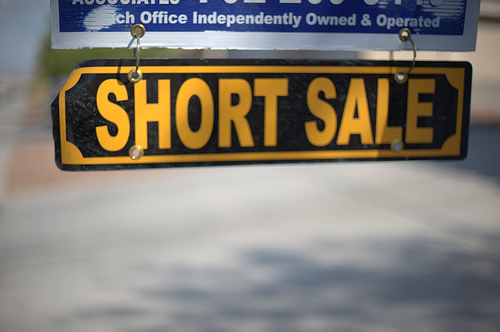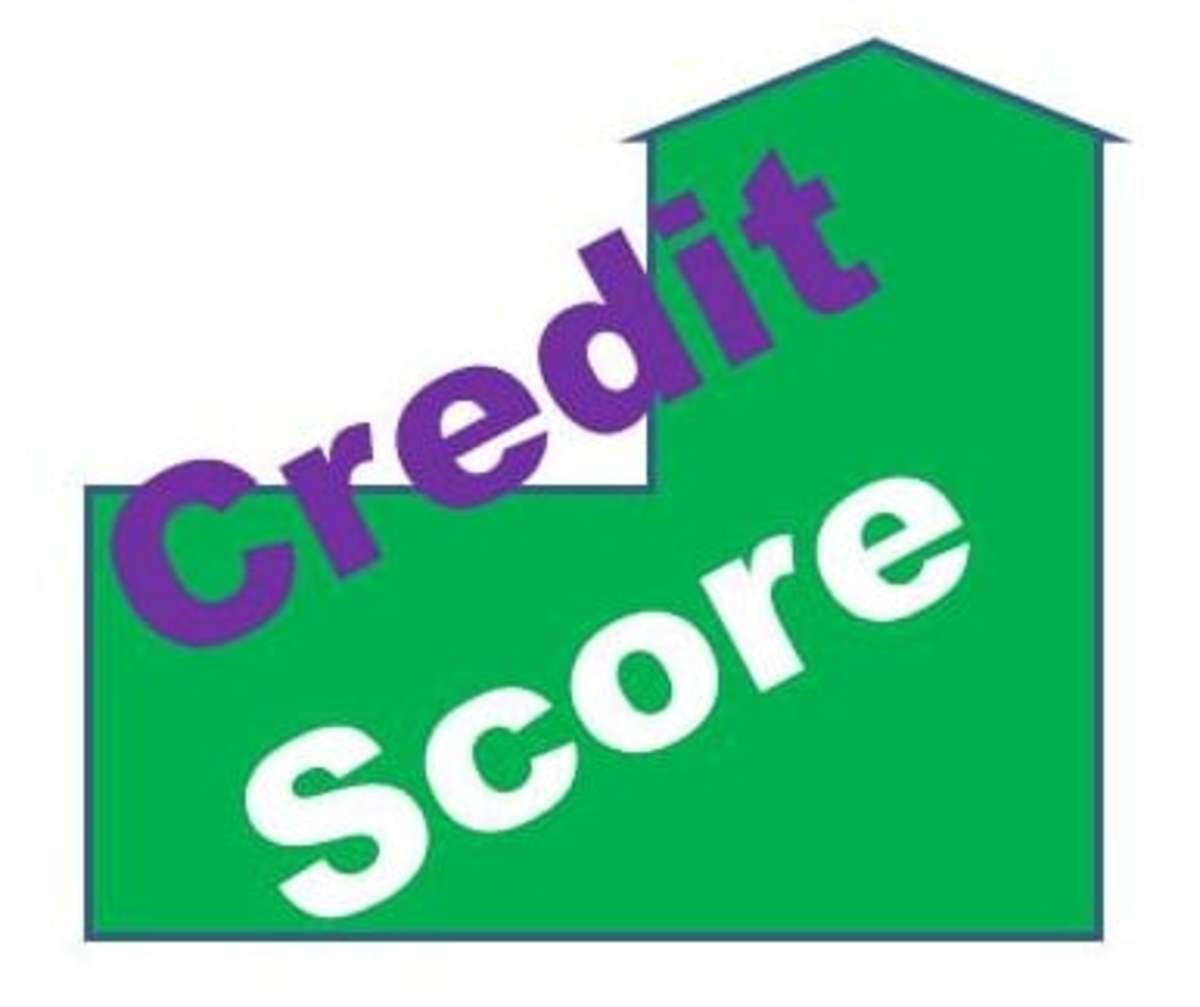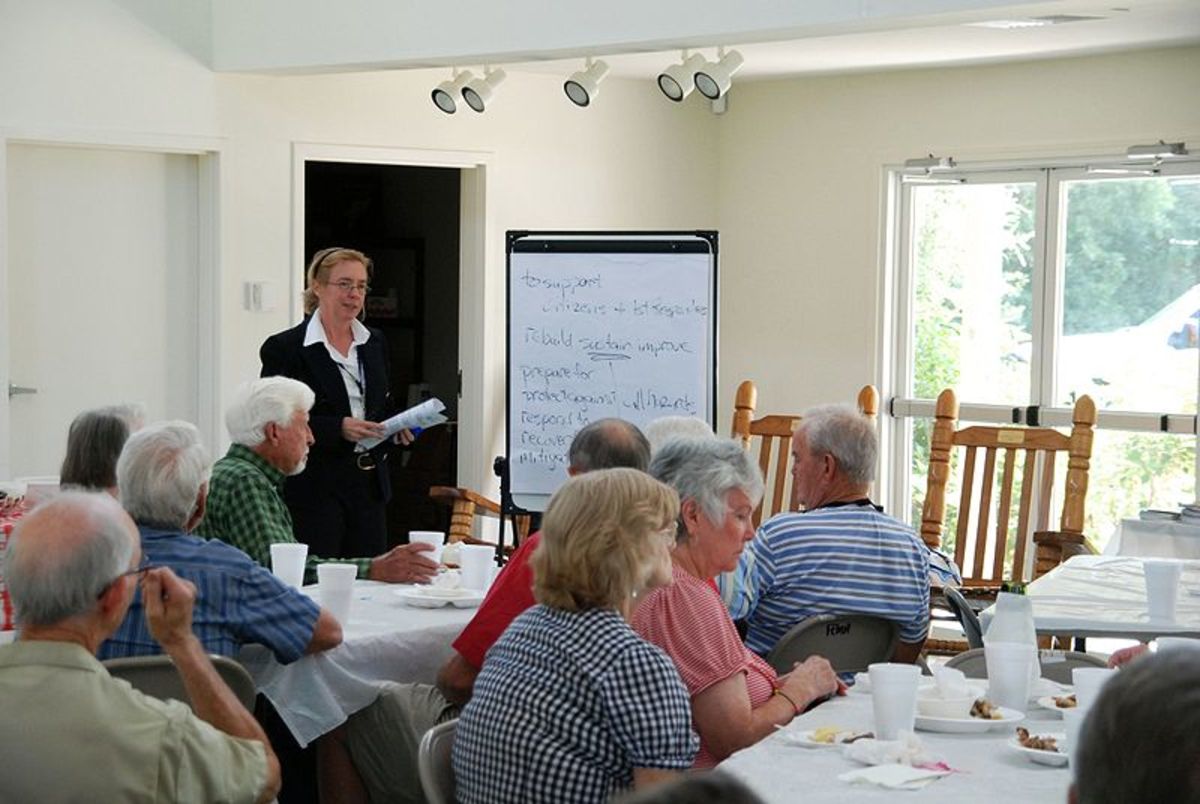Short Sale Information
Short Sale Information for Home Owners
If you are falling behind on your mortgage, and want to minimize damage to your credit, a short sale will likely be a better choice than going into foreclosure. When making the decision about whether to have a short sale, information like that which follows can help you to make the best choice.
What is a Short Sale?
A short sale occurs when there is a sale of a residence, in which the price that your home sells for falls "short" of the balance still owed on the loan. In other words, your house is seen as worth less than you owe. If the seller/homeowner is unable to continue to make regular payments on the mortgage, then a short sale can occur, as long as the lender and homeowner both agree to sell at a loss. The reason that both the lender and borrower might agree on the short sale is that foreclosure is avoided.
The lender has to believe that the loss is preferable to the foreclosure and that there is little or no likely prospect of pressuring the homeowner into making the ongoing payments. Lenders incur fees and other costly expenses in foreclosure that are avoided in a short sale. Meanwhile you, the homeowner avoid potential crippling hits to your credit that comes with foreclosure. Another possible reason to do a short sale, is to avoid debt that might persist after foreclosure. In most states, the bank is permitted, after foreclosure, to try to get the money they lost from you. While some banks will do this, is especially if it is worth their while, many do not, as it is so hard to collect. If you do a short sale with an experienced negotiator, they may be able to get the loss squared away, as part of the overall closing agreement, so you no longer would owe.
How Does a Short Sale Happen?
If you are have experienced unusual financial setbacks, such as losing a job, divorce, or have incurred big health care expenses, you may have fallen behind on your payments, if you did not have enough set aside for such a rainy day.
It may now be time to sell, because you can't make the payments, and you can't find a buyer who will give you some equity back.. While you can talk with the lender along the way about selling short, the bank really only becomes interested and attentive once you have a buyer willing to pay a reasonable (but still short) amount. That buyer should ideally be either be prequalified, or a buyer who is familiar with short sales and not just poking around to find a bargain.
The bank or mortgage company will typically have established criteria for your short sale. Thier loan mitigation officer or department, specializes in these types of questions, and knows their criteria. They will determine the equity in the home, with an appraisal, or more typically with an appraisal-like analysis called a BPO. The bank will decide then whether it meets their benchmarks for a short sale. They will only agree to the short sale if it makes financial sense to them.
The lender will need several things from you for a short sale to happen. There are professional negotiators who can help you with this process (they typically don't charge the sellers) or you can do it by yourself. You will need to write a hardship letter that explains why you can no longer pay. Typically you also need to provide two years of taxes, three bank statements, three pay stubs and of course your financial information. Also the listing agreement and preliminary settlement should be enclosed. Be sure and make copies of everything, because the bank may well lose it (they are often very disorganized). If you do not have income you will need to write another letter, explaining why.
Eventually, the lender, buyer, homeowner, negotiator if there is one, and the Realtor may all come together just in time (there is time pressure, because of the looming foreclosure prospect). This agreement also needs to account for the "junior" partners, such as lien-holders, insurance companies, and others with a financial interest in the mortgage. Any one of these can hold up the short sale, if not addressed as accounted for, by the parties.

Why Not To Do a Short Sale: Information on the Downside of Short Sales
Does a short sale release you, the borrower from your obligations, such as paying the remaining balance of the loan? In most situations you will no longer be expected to repay that money; however, that is something that can be spelled out in writing in the agreement at closing, if you want to be sure.
Depending on the tax code the year you sell, and your individual circumstances, you may well owe some taxes on the money that has been otherwise forgiven.
Short sales are a relatively complicated and very specialized transaction. If they are not shepherded by a knowledgeable professional, such as a negotiator who specializes in the process, short sale deals can have a high rate of failure; they may not close in time to prevent foreclosure. As already mentioned, time is of the essence and experience matters. Multiple levels of terms and conditions can mushroom when their are "junior" parties involved, including second mortgages, home owners associations, insurers, tax liens and mechanics liens. These parties can all scotch the deal with objections or slow it down too much.
When a buyer pulls out because the deal has taken too long, that is when many homes end up instead in foreclosure; there is rarely time to put together another deal. That is one of the main reasons that it can be useful to have a negotiator on board, to make the process run as smoothly as possible, and interface with the mitigation department of the lender.
Short sale information and resources are available at several specialized web sites, and you likely can probably find a local negotiator or a real estate agent who is a specialist in short sales. You may also want to buy one of the books listed below at Amazon, to get you off to the right start.

Photo Credits: Short sale information is hard to come by: TheTruthAbout








